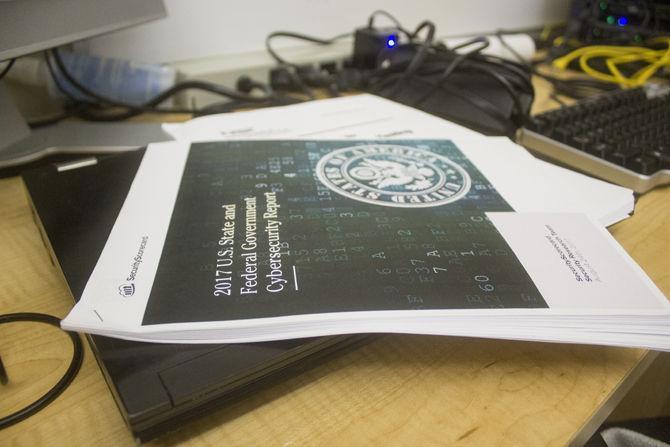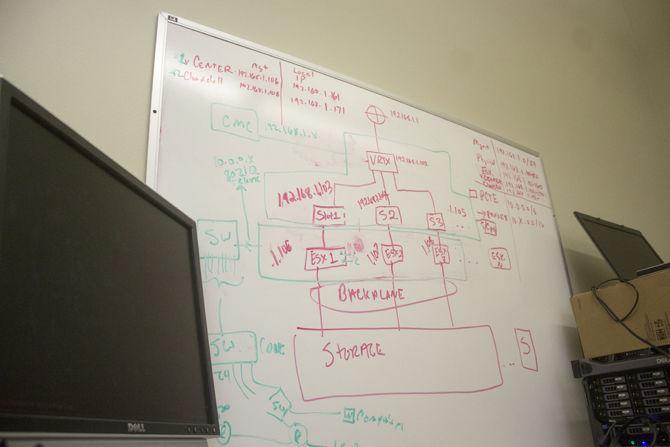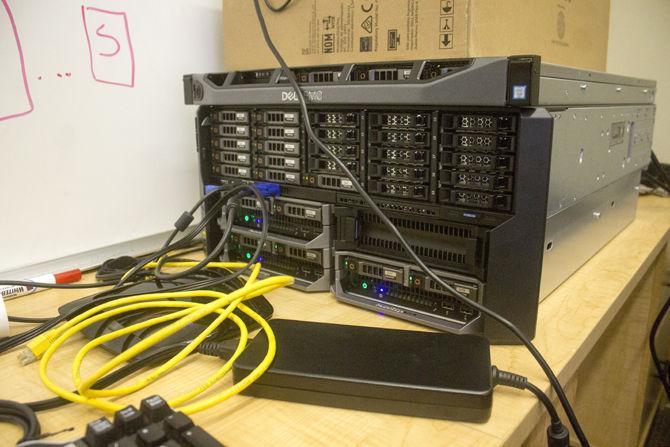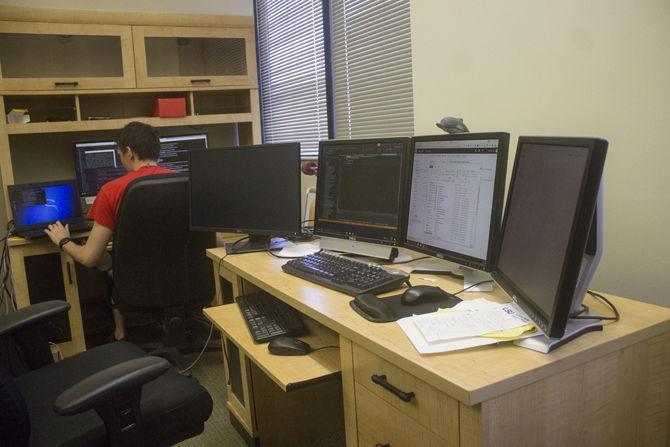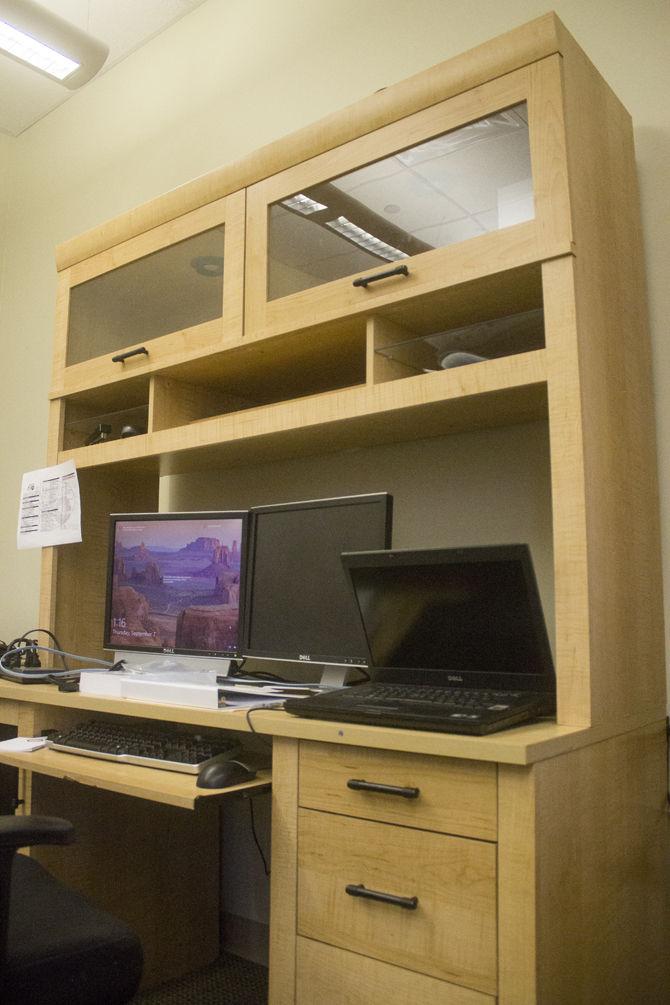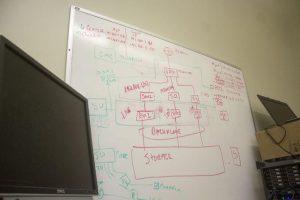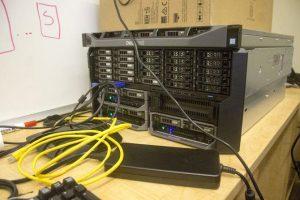Much of Baton Rouge’s relationship with the energy sector is due, in part, to its close proximity to many of the 19 oil refineries in the state. As this industry continues to be a part of Louisiana’s economy, it seeks trained professionals to protect the cyber security of their companies in the digital era.
A study by Loren C. Scott and Associates, Inc. in 2014 found that the oil and gas industry still strongly supports Louisiana’s economy as it “supported $73.8 billion in sales in Louisiana firms, generated over $20.5 billion in household earnings for Louisianians and supported 287,008 jobs in the state,” the report states.
Executive Director of the Stephenson National Center for Security Research and Training Jeff Moulton was hired in 2014 in an effort on behalf of Former Louisiana Gov. Bobby Jindal and LSU President F. King Alexander to invest strategically in what Moulton called “Silicon Bayou” in a C-SPAN interview on July 23, 2017.
Moulton contextualized the importance of smooth operations in the energy sector, saying that without resiliency on behalf of the energy sector, chaos could ensue.
“Look what’s happening in South Florida today…people can’t buy gas… because everyone is buying it out. The roads are congested because everyone is trying to evacuate and energy can’t get in. What would happen if someone did that on purpose… through a cyber attack,” Moulton said. “If you shut down the energy sector for 96 hours, you are going to have panic in the streets… That has been experienced time and time again.”
Because of its importance to Louisiana’s daily operations, Moulton said the energy sector was named as one of the 16 critical infrastructure sectors, according to the federal government.
As a center, the Transformational Technology and Cyber Research Center operates on a contract basis with the federal government and the private sector by completing specific goals or “deliverables.”
In March, Nascent Technologies Corporation, which was created to support TTCRC, received cyber security contracts totaling close to $5 million from the U.S. Department of Defense. These contracts sought to analyze the cybersecurity risk to the energy industry in order to strengthen the industry’s protection against cyber attacks. Moulton said this contract has been successful, and is important as the Department of Defense relies on energy from the private sector.
In the same C-SPAN interview, Moulton explained that cyber attackers are using “social engineering” to make their attacks more impactful. Social engineering, Moulton said, is “taking advantage of people” by pinpointing who in a corporation may be more capable of giving access to that corporation’s network to make their attack easier and more widespread.
“Some of these attacks are becoming more complex and more pervasive,” Moulton said. “They’re attacking not only the infrastructure or the networking components of that infrastructure, but they’re also doing a lot of social engineering … The people are the one vulnerability that can’t be patched.”
LSU Research Center seeks to bolster energy sector’s cyber security
September 8, 2017
LSU tests their cyber security on Sept. 7, 2017 in the LSU Transformation Technology and Cyber Research Center.
More to Discover


